Eastern Africana Studies director beats cancer, battles injustice
Dr. Finnie became the EWU Africana department director in 2014
February 11, 2015
After a near-death experience many years ago, Scott Finnie, Ph.D., director of the EWU Africana Studies Program, has a deeper motivation to live out a meaningful life and help further equality.
It began when he received two startling diagnoses in 2000.
He had cancer outside of his liver and a disease, primary sclerosing cholangitis, that was destroying his liver. Finnie had six months left to receive a liver transplant or his doctor warned he would not make it.
At first, finding a donor proved difficult because several factors had to line up for the match to succeed. The donor had to be in good physical shape to endure surgery, and had to match up to Finnie with blood type and disease history. The typical wait time before finding a match can be around three years.
“These two diseases hit out of nowhere,” said Finnie.
Finnie was normally in excellent shape growing up and took great care of himself. He never suspected this sort of diagnosis would come his way.
Fortunately, Jim Mogensen, a member from Finnie’s church whose wedding Finnie had officiated 25 years prior to that, had volunteered to donate his liver.
“It was a caucasian, farm boy from Idaho who had the perfect liver for a black, urban guy from California,” said Finnie.
This was not Finnie’s first brush with the reality of death. When Finnie was 14 years old, his older brother died from a drug overdose.
“It stunned me and changed me forever, but facing [death] myself was really something,” said Finnie.
Now, it has been over 10 years since the transplant. Finnie said he is in great health and currently cancer free.
“I got a second lease on life, and it definitely has stabilized me as to what the meaning of life is,” said Finnie.
For Finnie, life bears much more meaning when it is spent in the pursuit of helping others and striving to achieve an equilibrium of social justice.
“I like being a bridge for people,” said Finnie. “I’m most passionate about social justice, that every individual be given an opportunity and access to resources in order to reach their full potential.”
His passion for justice stems from his upbringing and environment. Finnie grew up in the Bay Area, which at the time, was the forefront of the hippie movement, the civil rights movement and rampant student activism.
Finnie not only witnessed protests and activism on the streets, but in his own dining room at home as well. He grew up in a Christian home with seven older siblings: one sister and six brothers. Three of his older brothers were involved with the movements in the area. The idea of fighting for change was ingrained in Finnie ever since he was little.
His family suffered their own share of injustices. Finnie’s older brother was denied the opportunity to play basketball in high school because he was black.
“He was not allowed in highschool to reach his potential … because they did not want to have too many people of color to play and dominate the team,” said Finnie. “His chances for college basketball were shot down, and that impacted whether he could get an education.”
Finnie cites his father, an entry-level management postal worker, as his primary example for handling these offenses with grace and a determination to combat them.
“[My father] faced a number of environments of racial discrimination,” said Finnie. “I saw him try to navigate it yet keep his dignity and love for mankind in spite of how he was inhumanely treated. That left a great impact on me.”
Finnie tries to bring the same kind of vitality and love into everything he does, including his position in the Africana department. To him, the Africana department plays a vital part on campus.
“It’s a tool and a means of inspiration, confirmation and support of people seeking to know who they are and to know where they fit in history and to see their potential,” said Finnie.
Finnie became director of the Africana department last summer, an administrative position that is also part-time teaching.
“I don’t want to stop teaching; that’s like getting paid to do my hobby,” said Finnie.
Over the years, Finnie has learned not to take himself so seriously, which he said is a contrast from the kid he was in college.
“I was this energetic book-worm who loved basketball. I ate, slept and drank basketball but always tried to get straight A’s,” said Finnie.
Finnie attended Gonzaga University on a basketball scholarship where he earned a Bachelor of Arts in English and a minor in criminal justice. Later, he earned a master’s degree in American history at EWU.
His original intent was to pursue law, eventually politics, and maybe even give the presidency a shot. However, Finnie found that politics would conflict with his values.
“I discovered at a certain point that politics would be a good thing for change, but at the expense of my conscience. I backed out of that opportunity there and spent a lot of time in the things of the Lord,” said Finnie. “I pursued the riches in the Bible and spent a lot of time reading church history and biographies of men and women of God and that really took me into another realm, into a deeper way about the things of Christ.”
Outside of school, Finnie congregates with a group of Christian people where they study the Bible, sing together and encourage one another.
He also spends time with his four kids and grandson. At this stage in his life, Finnie would describe himself as joyful, eager, connected, exploring and fulfilled.
“I have a deep sense of fulfillment and a love for what I am doing and being around people,” said Finnie. “It’s as if I’d rather not be anywhere else in the world.”




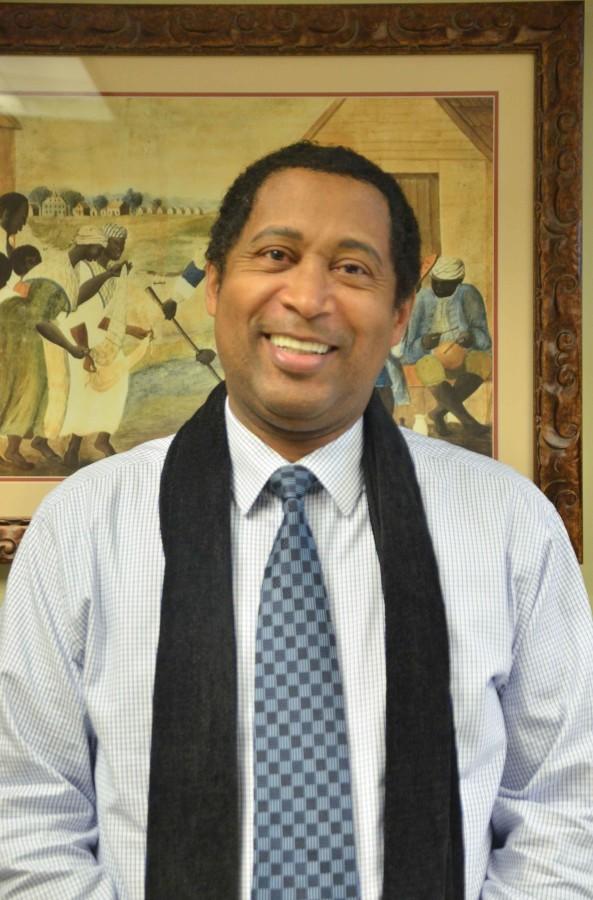
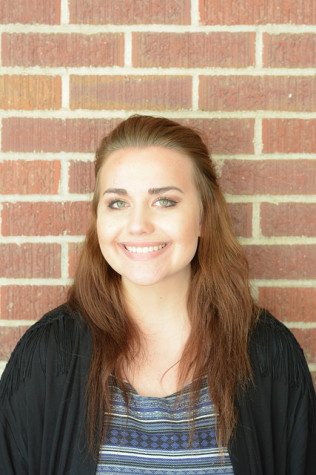
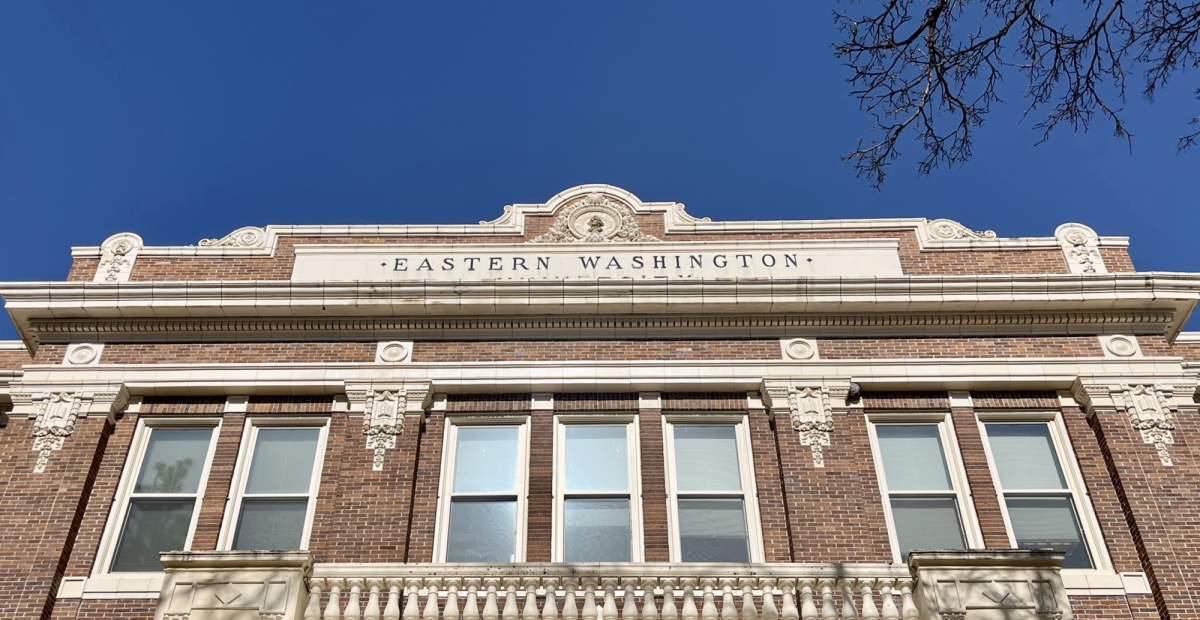
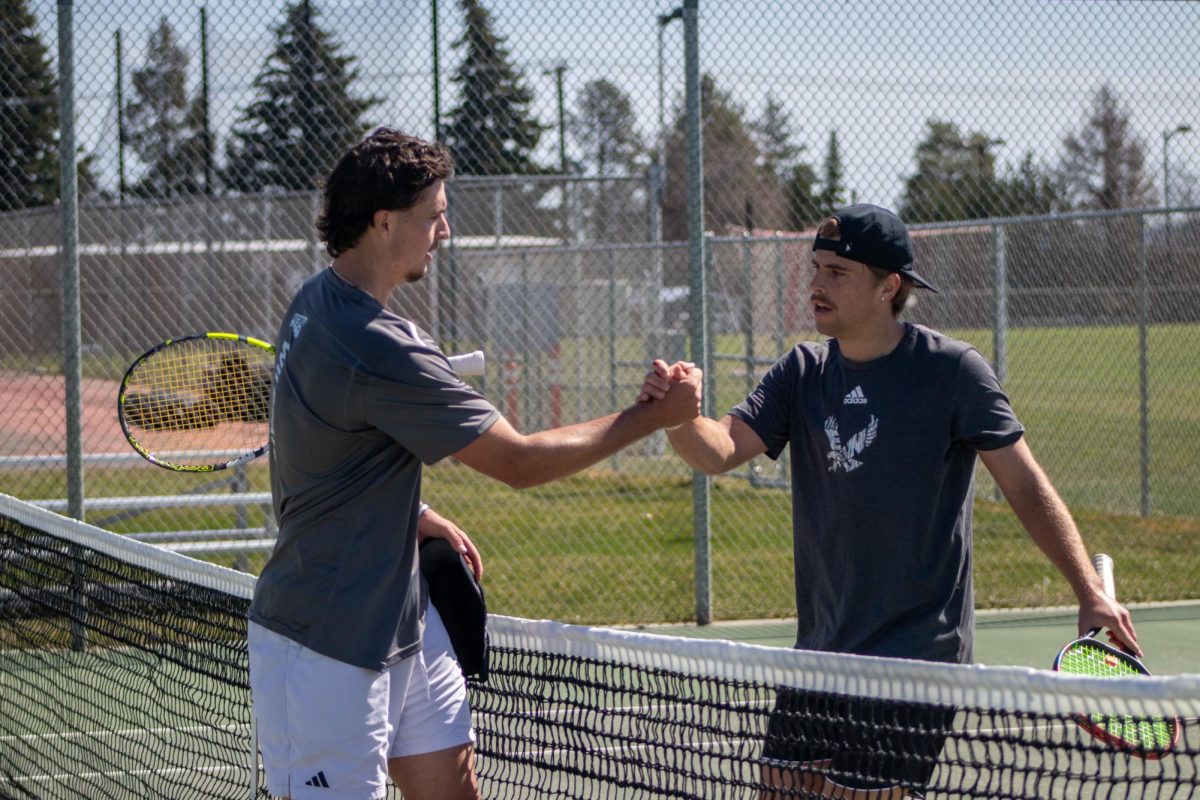

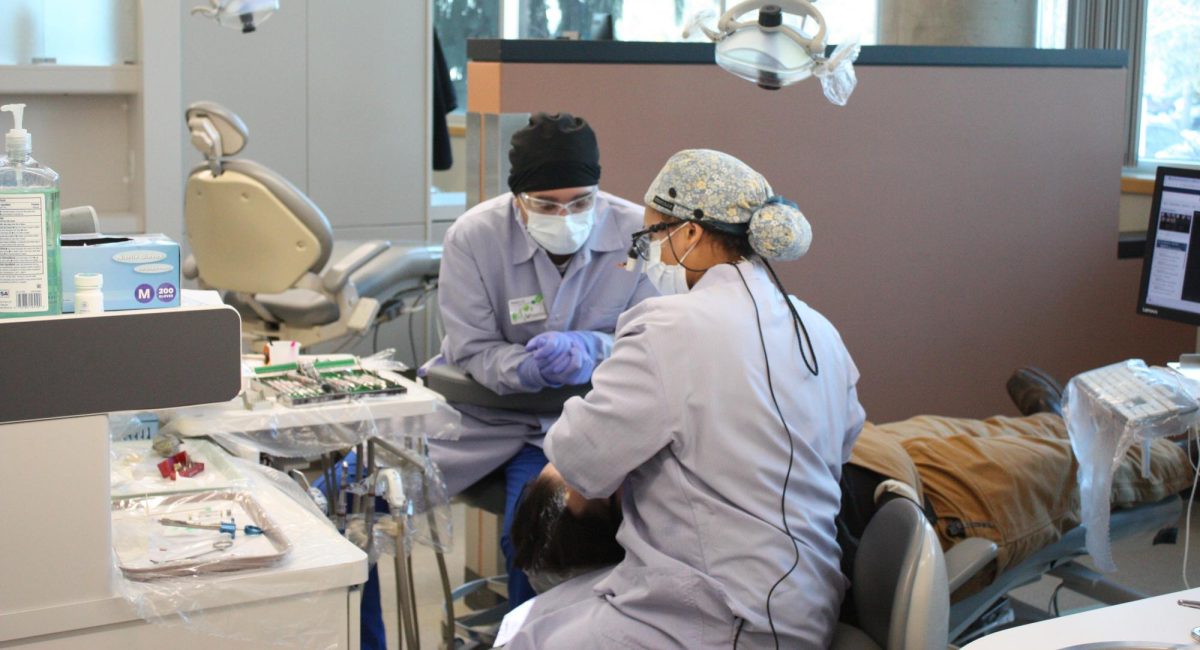
Cathy Finnie • May 20, 2021 at 10:44 am
Hi Karol!
I just saw your reply to this article today and it is May, 2021. Shoot me an email and let me know how you are doing! I never got the message that you said hi, probably because Scott didnt see your reply. Looking forward to connecting! Cathy
Karol Davis • Apr 14, 2016 at 4:55 pm
U go, Doc Finnie! Happy u are so successful, n even happier that your liver transplant was a success. Amazing, as healthy as u have always been, that the planet came that close to losing u! And that your family came that close to losing u! What a significant loss that would have been I think of u and Cathy, and your big families often. My teeny family is dwindling rapidly! Just me, my kids, n my 11 yr old grandson. My mom n dad passed away 5 1/2 mo. apart during the spring n fall of 2004. My Mom’s “baby” brother died before the year was over. So I am just grateful for our Lord, JESUS, who gave me my grandson in December of ’04!! What a year! Some huge losses but a glorious gain with the arrival of baby Joel. What an amazing gift life is! AMEN! Take care! Love to Cathy! :